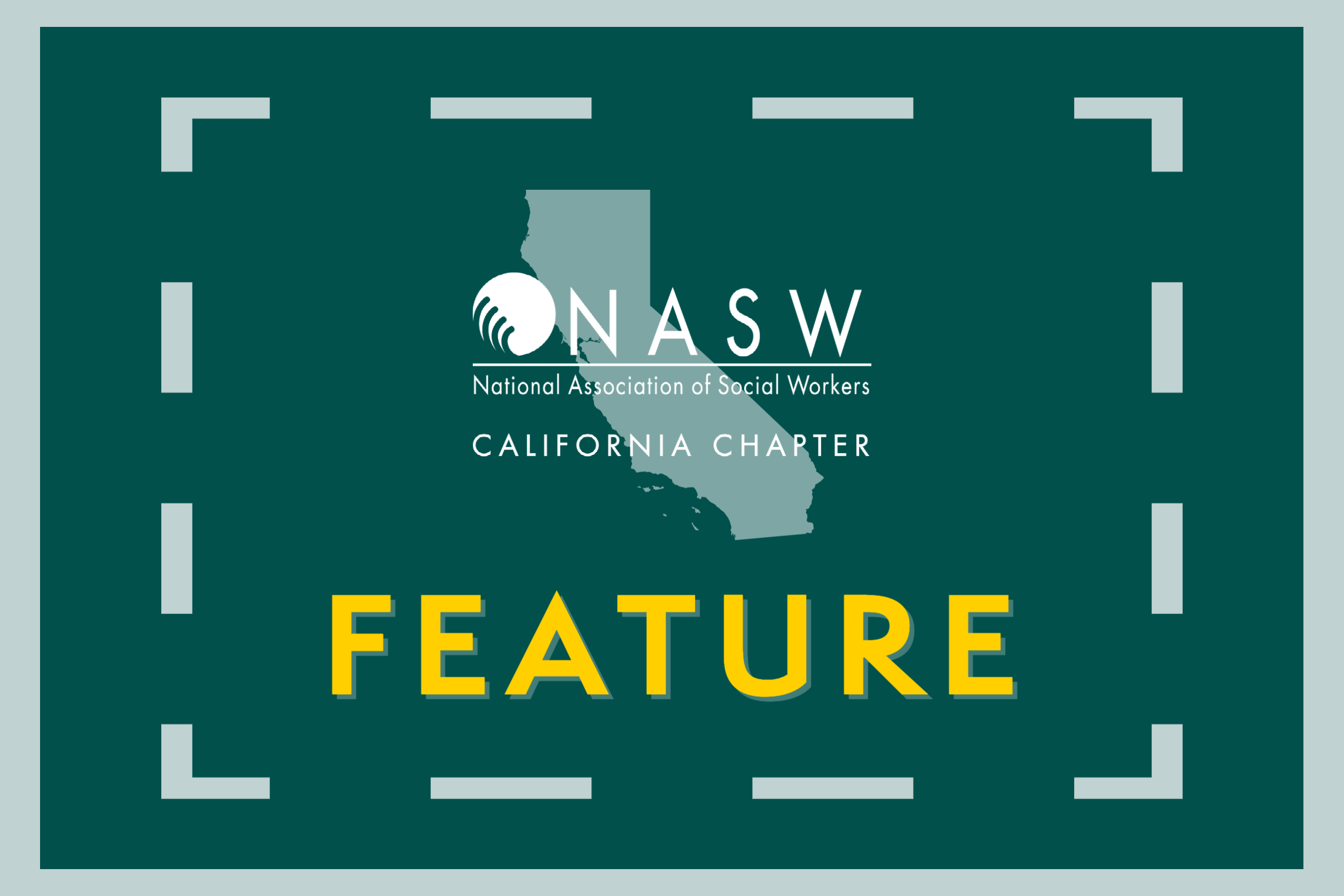
.
By Robin Weckerly
July 9, 2021
When my son was three years old, he had Hand, Foot, and Mouth Disease. It’s a common virus little kids get that causes sores in the mouth and a rash on their hands and feet. This was the first time my kid had been sick. I remember it was on a three-day weekend, and the Doctor’s office was closed. My son was acting strange. Not eating very much and at night he was crying and uncomfortable.
My kid didn’t start speaking in full sentences until he was almost five, so I had no idea what was wrong or where it hurt. (The rash had not appeared yet.) The only thing I could think of was that he was constipated.
When I took him to the urgent care the next morning, I mentioned the constipation theory. The urgent care Doctor didn’t do much of an evaluation. He took my concern and told me to give him some Miralax and a suppository, which we did.
Now my kid is uncomfortable and can’t stop pooping.
When we finally did take him to his regular Doctor, she knew right away that it was Hand, Foot, and Mouth Disease. Worst of all, the virus had pretty much run its course so there was nothing we could really do about it.
What kills me, is thinking about my poor child having a sore throat and his Mom, in an effort to make him feel better gives him a suppository.
This experience reminds me of how it felt when my son was diagnosed with Autism.
The panic I felt when we received his diagnosis matched the panic I felt when I didn’t know what was wrong with my crying kid. The months of early intervention programs, the extra speech therapy, the behavior therapy, the social skills classes and everything else we did right after his diagnosis was very much like giving a suppository for a sore throat.
Why can’t it be good news? Why must every regional center, family support group and school psychologist feed into parent’s fears and anxiety? Why aren’t parents told to dream bigger and encouraged to unlearn their own ableism?
Disability Advocate Imani Barbarin says that, “The first people who will stigmatize your kid for their disability is not going to be Joe Shmoe, or the neighbor down the street or a classmate. The first people to stigmatize your child for their disability will be you.” (@Imani_Barbarin)
I never even heard the word ableism from a psychologist or support provider. I think the reason for that is because many supports given to families of kids with disabilities are built on foundations of ableism.
According to the Center for Disability Rights, “Ableism is a set of beliefs or practices that devalue and discriminate against people with physical, intellectual, or psychiatric disabilities and often rests on the assumption that disabled people need to be ‘fixed’ in one form or the other.” (cdrnys.com)
We are told that our kids need Applied Behavior Analysis, a truly problematic therapy that teaches kids compliance and focuses on behaviors that make your kid look and act typical. Social skills classes work similarly, providing my kid with awkward and unnatural scripts for supposed future social interactions with peers.
Trying to make my kid look and act typical is ableist.
We are encouraged to be fighters for our kids when it comes to their education. We learn about laws and disability rights and fight for supports in school. We spend hours in meetings talking about where is the best place for our kids to learn. Most parents don’t even think to include their kids in this conversation until they are legally required to.
Excluding my kid from decisions about himself is not only ableist, but it is how we limit their independence and self-determination.
I learned about what a conservatorship was long before #FreeBritney shined a light. I learned about it and was encouraged to start planning for it in a parent support group. My kid was four years old.
Conservatorships are ableist.
I have spent the past four years as Chairperson of the Special Education Community Advisory Committee for Long Beach Unified School District, a Parent Support Group for families of students with disabilities. Those four years working with the District and the diverse challenges of our community have opened my eyes to the greatest need for parents and families; unlearning our own ableism and undoing any internalized ableism that school, society or even our best intentions might have put on our kids.
My background is in film and screenwriting. I got my BA in Film and Electronic Arts at CSULB. My passion will always be storytelling. I want to change the narrative on Disability support services for families. I have decided to pursue a graduate degree in Social Work because there is a need to change the way that parents and families are supported when they have children with disabilities. We need to focus less on trying to fix our kids and listen to what they actually need and want.
Robin Weckerly is from Long Beach, California. She is a writer and fierce advocate for Inclusive Education. She knows that most people don’t think about inclusion until it is their kid being excluded. She is determined to make everyone think about inclusion. Twitter: @Weckerchen











